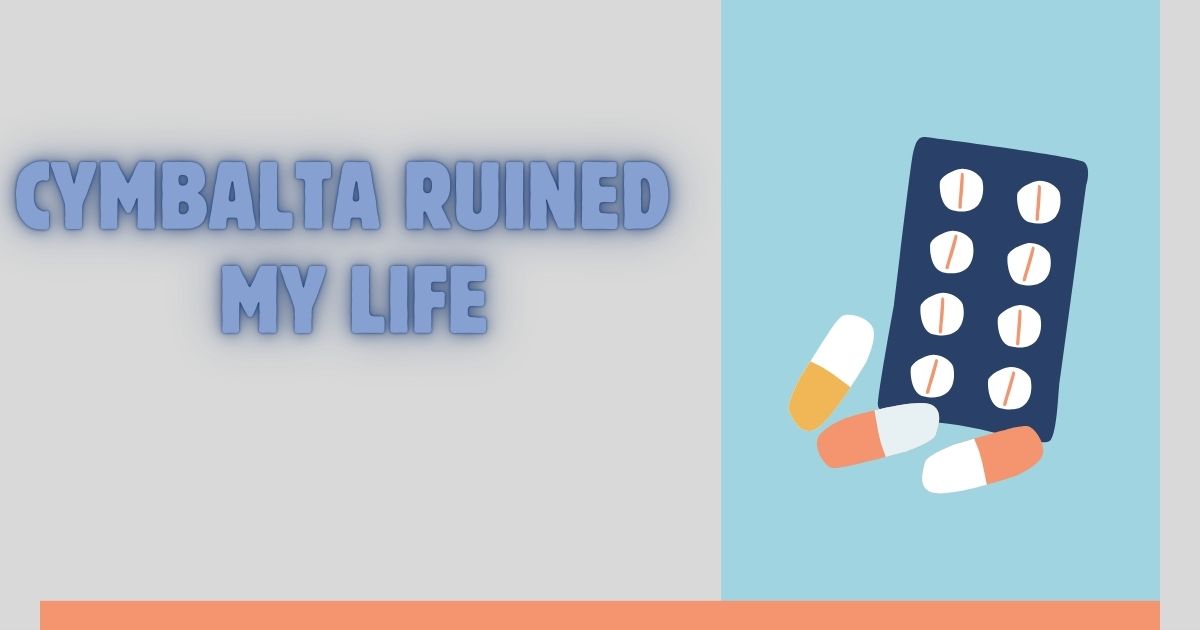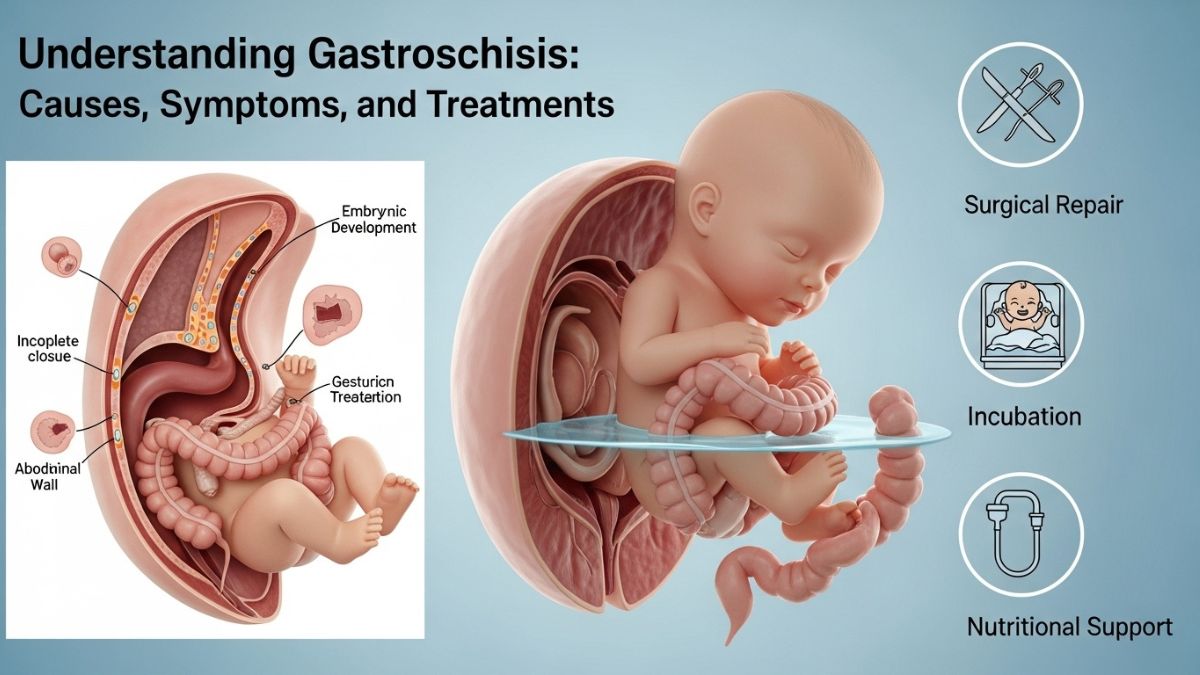cymbalta ruined my life (duloxetine) is a widely prescribed medication for depression, anxiety, and chronic pain. While it has helped many people, others have faced severe side effects and withdrawal symptoms that have dramatically impacted their lives. Many individuals who started taking Cymbalta found themselves struggling with emotional, physical, and psychological distress.
The Promises of Cymbalta
Cymbalta is marketed as an effective treatment for major depressive disorder, generalized anxiety disorder, fibromyalgia, and nerve pain. Pharmaceutical companies highlight its ability to restore chemical balance in the brain, reducing symptoms of depression and pain. However, what many patients do not expect are the devastating side effects that can emerge after starting or stopping the medication.
Unbearable Side Effects
Many people who take Cymbalta report severe side effects that affect their daily lives. These symptoms can range from mild discomfort to life-threatening conditions.
Emotional and Mental Struggles
Instead of alleviating depression and anxiety, Cymbalta has caused emotional turmoil for some users. Many experience heightened anxiety, panic attacks, extreme mood swings, and emotional numbness. Some report feeling disconnected from reality, making it difficult to function in everyday life.
Physical Side Effects
Cymbalta can cause a wide range of physical side effects, including nausea, dizziness, excessive sweating, fatigue, and insomnia. In some cases, patients develop high blood pressure, rapid heart rate, and digestive issues that make daily life unbearable.
Sexual Dysfunction
A common yet devastating side effect of Cymbalta is sexual dysfunction. Many users report loss of libido, erectile dysfunction, or an inability to experience pleasure. These problems often persist even after discontinuing the drug, leading to long-term distress in personal relationships.
Cognitive Impairment
Some individuals experience cognitive issues such as brain fog, memory loss, and difficulty concentrating. This can make work, studying, or even simple tasks overwhelming, leading to frustration and reduced quality of life.
The Nightmare of Withdrawal
Perhaps the most horrifying aspect of Cymbalta is the withdrawal process. Many users claim that quitting the drug is one of the most painful experiences they have ever endured.
Severe Withdrawal Symptoms
Stopping Cymbalta suddenly or even tapering off slowly can trigger extreme withdrawal symptoms. Some of the most common issues include nausea, dizziness, brain zaps (electric shock sensations in the brain), flu-like symptoms, and extreme fatigue.
Emotional Instability During Withdrawal
Withdrawal often brings intense mood swings, depression, suicidal thoughts, and uncontrollable crying spells. Many individuals who stop taking Cymbalta find themselves in an emotional freefall, struggling to regain stability.
Physical Pain and Sensory Disturbances
People going through Cymbalta withdrawal often report severe muscle pain, burning sensations, and extreme sensitivity to light and sound. Some feel as though their bodies are shutting down, making everyday tasks impossible.
Permanent Damage and Long-Term Effects
For some, the nightmare does not end after withdrawal. Many individuals experience long-term effects that persist for months or even years after stopping the drug.
Post-Acute Withdrawal Syndrome (PAWS)
Even after the initial withdrawal phase, some users continue to suffer from symptoms like depression, anxiety, fatigue, and brain fog. This condition, known as Post-Acute Withdrawal Syndrome (PAWS), can make recovery a long and painful journey.
Persistent Emotional and Cognitive Issues
Some users report that even after years off Cymbalta, they still struggle with cognitive impairment, emotional numbness, and memory problems. These lingering effects can impact careers, relationships, and overall happiness.
The Lack of Warning From Doctors
One of the biggest frustrations for people who have suffered from Cymbalta’s side effects is the lack of warning from doctors. Many patients claim they were never informed about the risks of withdrawal or the potential for long-term damage.
The Fight for Awareness and Justice
Thousands of people have spoken out about their negative experiences with Cymbalta, leading to lawsuits and increased awareness of the drug’s dangers. Some former users have become advocates, warning others about the risks and pushing for better regulation of antidepressants.
Finding a Path to Healing
Recovering from Cymbalta’s effects can be a long and difficult process, but it is possible. Many people have found relief through therapy, alternative treatments, and lifestyle changes. Support groups and online communities have also become valuable resources for those seeking to reclaim their lives.
Conclusion
For some, Cymbalta may provide relief, but for many others, it has caused irreversible harm. The severe side effects, withdrawal symptoms, and long-term damage have left thousands struggling to rebuild their lives. It is crucial for individuals to be fully informed about the risks before starting this medication. If you or someone you know is suffering from Cymbalta’s effects, seeking medical advice and support is essential for recovery.
FAQs
How long do Cymbalta withdrawal symptoms last?
Withdrawal symptoms vary, but many people experience them for weeks or even months. In some cases, lingering effects can last for years.
Can I quit Cymbalta cold turkey?
Quitting Cymbalta suddenly can cause extreme withdrawal symptoms. It is best to taper off the medication under medical supervision.
Are there alternatives to Cymbalta?
Yes, there are other antidepressants and non-medication treatments available. Consult with a doctor to explore safer options.
Why do doctors not warn about Cymbalta withdrawal?
Many doctors rely on pharmaceutical information that downplays the severity of withdrawal. Awareness is growing, but more education is needed.
How can I manage Cymbalta withdrawal?
Gradual tapering, staying hydrated, proper nutrition, and seeking support from professionals or support groups can help ease withdrawal symptoms.















